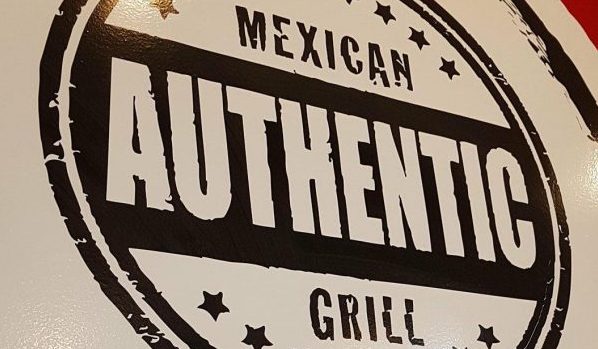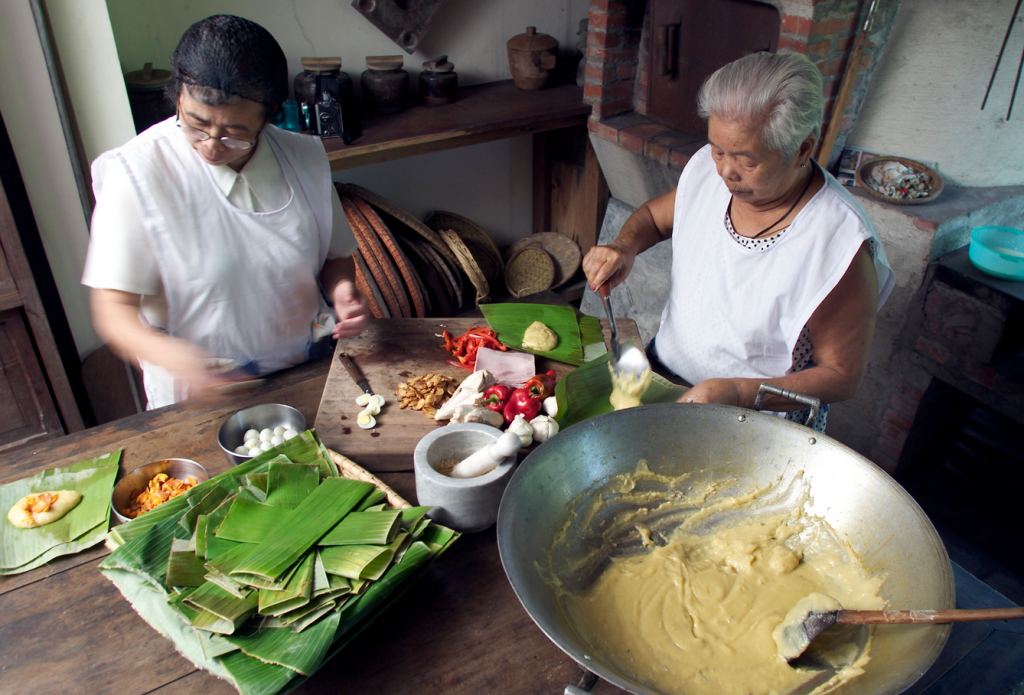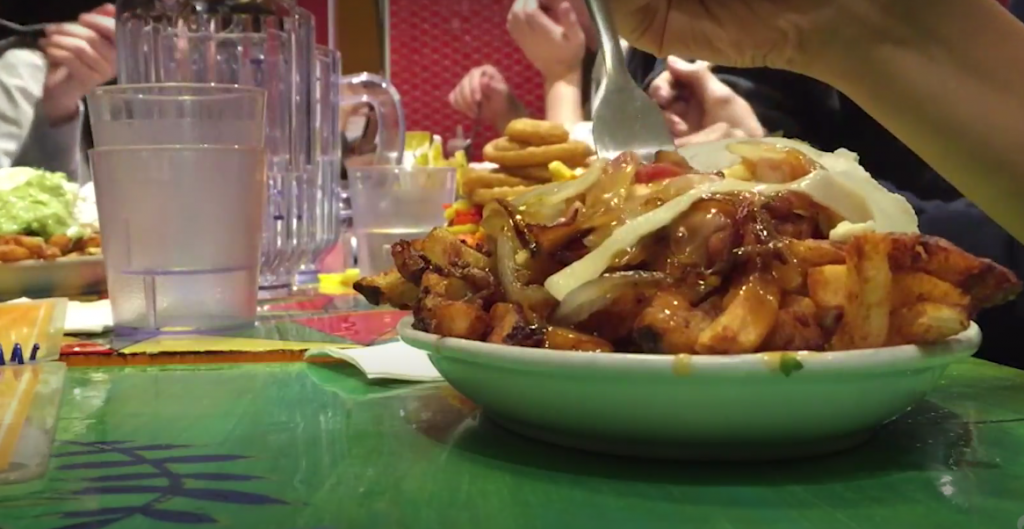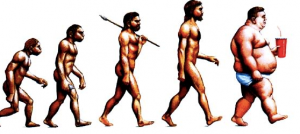“On the Spot” backs members of Culture on the Edge into a corner to talk about their backgrounds, their ongoing work, and what might be gained by an alternative understanding of how identity works.
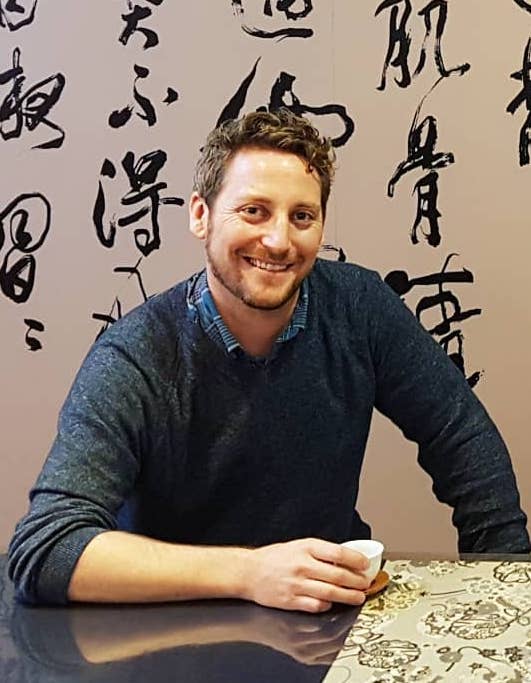 1. When people ask what you study, what do you tell them?
1. When people ask what you study, what do you tell them?
The answer I provide to this question is often contingent on the context in which I’m asked. Is the question being asked at an academic conference, with family or friends, or perhaps while doing fieldwork? My general response — I used to simply say that I studied religion (religious studies). Partly because it was a nice quick sentence that bundled everything up into a simple box. But it was also an exercise, as I was curious about what responses and questions people would come up with for me. How did they envision something called religion? Some would ask if I was in training to be a clergy or priest, while others would begin to talk highly about all the good deeds that religions were doing in the world. Some might ask me a question about a very specific recent news story that a so called religion had been mentioned in, or they might ask what I hope to do with a degree in something like this, and others might start talking about the need for the separation of religion and the state (or politics). It provided an opportunity to engage them on their views of the topic of religion and then explain how my own study of “religion” addresses what they were talking or asking about — hopefully extending the conversation into a variety of directions that challenged us both. This can be a longer exchange and so other times I say that I study religion from a social scientific or anthropological perspective. It’s interesting that when I answer this way, I get a lot less of the responses and questions I just mentioned. Instead, since I added the word “science” it seems to justify my study as somehow more legitimate. The question may arise on what I hope to do after I finish my PhD, or they may offer a critique against “religion” in the world — but either way my description usually satisfies them more quickly.
Continue reading “On the Spot with Jason Ellsworth”
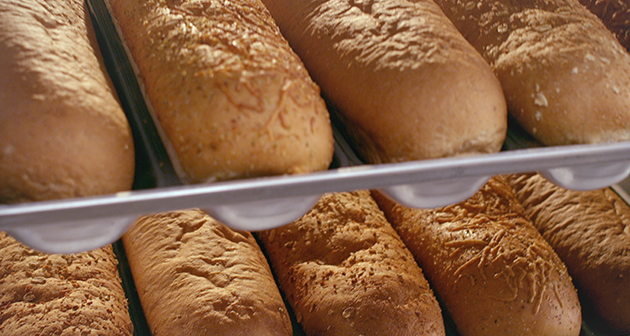

 1. When people ask what you study, what do you tell them?
1. When people ask what you study, what do you tell them?